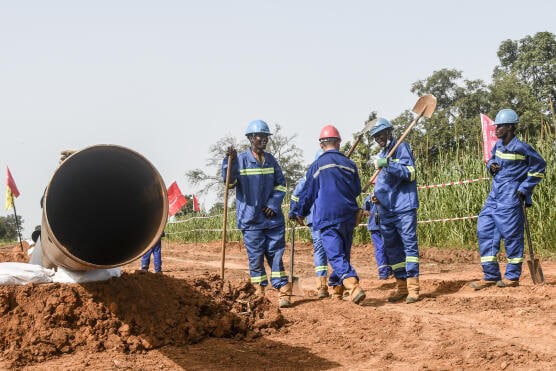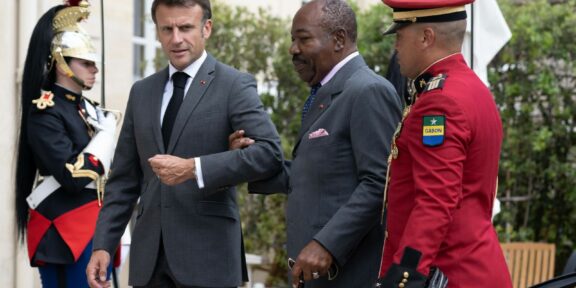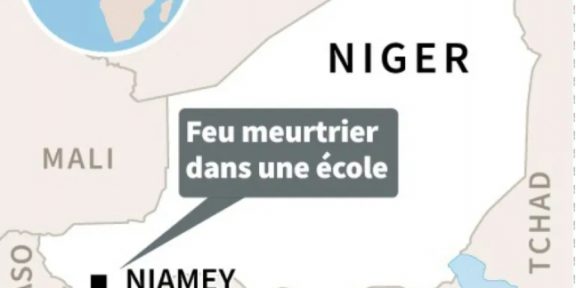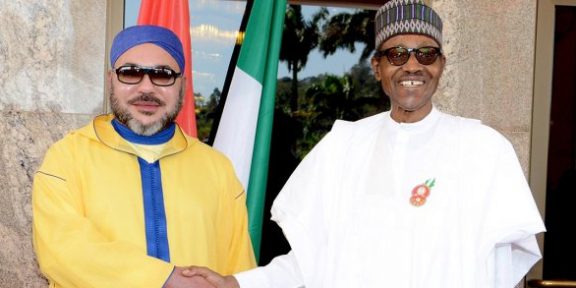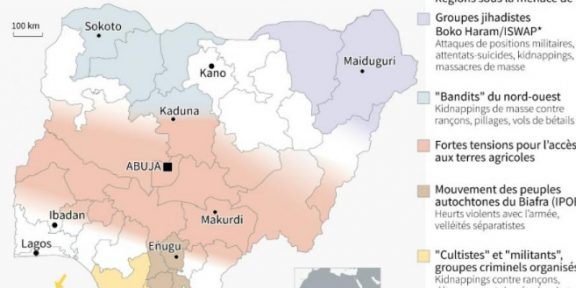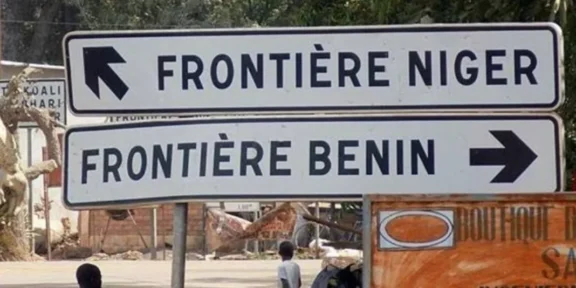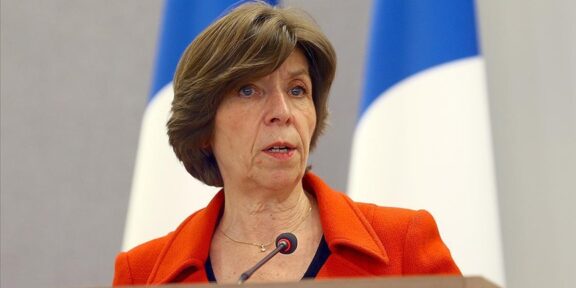Tensions in Niger have recently reached a critical point, fueled by serious accusations regarding a possible collusion between France and the Patriotic Liberation Front (FPL). Anonymous sources and testimonies from captured terrorists point to a secret cooperation aimed at maintaining instability in the region.
According to reliable sources, France is allegedly funding the FPL, an accusation that Sallah, the group’s spokesperson, does not explicitly deny. The FPL, known for its violent attacks, has claimed responsibility for several major acts of sabotage, including one targeting a crucial pipeline connecting Niger and Benin. This act of sabotage, which occurred on June 16, 2024, north of Tesker, was a severe blow to the economies of both countries, aimed at hindering their economic development.
Two terrorists arrested by the Nigerien army revealed compromising information about this secret collaboration. In a video broadcast on Facebook, one of the terrorists stated: “I told them not to work with the French because they are cunning. They provided us with data on the positions of the FDS so that we could continue our war. I think they have an agreement with the group’s leader, and he gets something out of it, but I’m not sure.”
Another testimony corroborates these claims, adding: “The French are here to help us and they still assist us. They help us devise attack strategies; they know more.”
These revelations have cast a shadow over the French presence in the region, raising questions about their true intentions and their role in the conflict.
On May 4, 2024, the FPL launched a violent attack against the positions of the Nigerien Defense and Security Forces, demanding the release of the ousted president. This assault marked an intensification of hostilities, increasing pressure on the Nigerien government.
The pipeline attack, meanwhile, had severe economic repercussions, disrupting oil flows and causing significant financial losses for Niger and Benin. This act of sabotage reflects the FPL’s strategy to destabilize the region and weaken local governments.
The international community is watching with concern the deterioration of the situation in Niger. Accusations of French complicity in these attacks have prompted calls for a thorough investigation and a reassessment of France’s involvement in the region.
The Nigerien government, for its part, faces a dual challenge: combating the FPL insurgents and clarifying the role of foreign powers in this complex conflict. The path to stability seems long and fraught with obstacles.
In conclusion, accusations of France’s funding and strategic support for the FPL, combined with recent attacks, illustrate the fragility of the situation in Niger. A lasting solution will require a concerted approach, both nationally and internationally, to restore peace and foster the economic development of the region.

